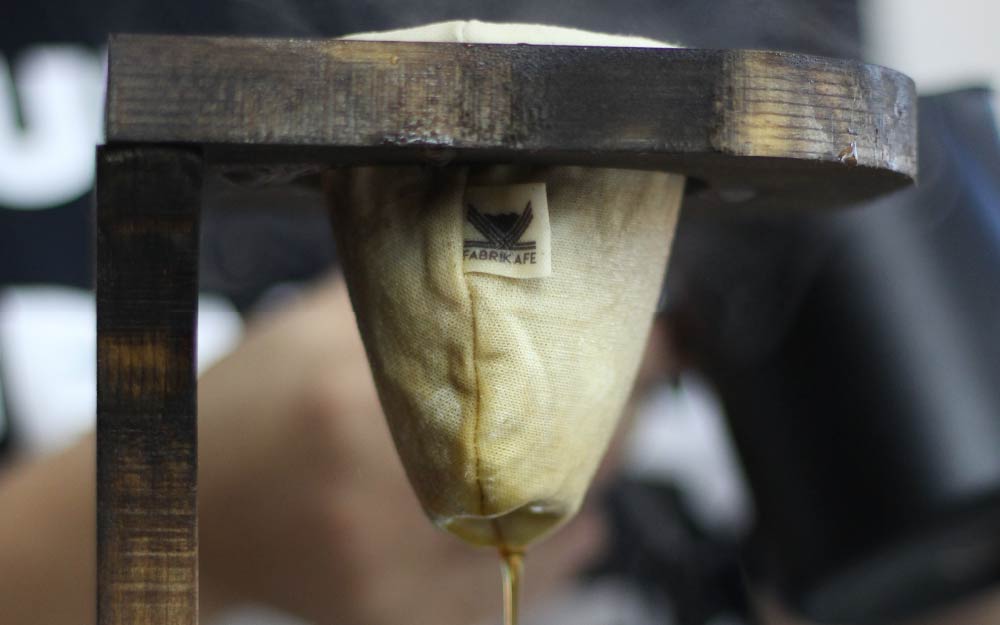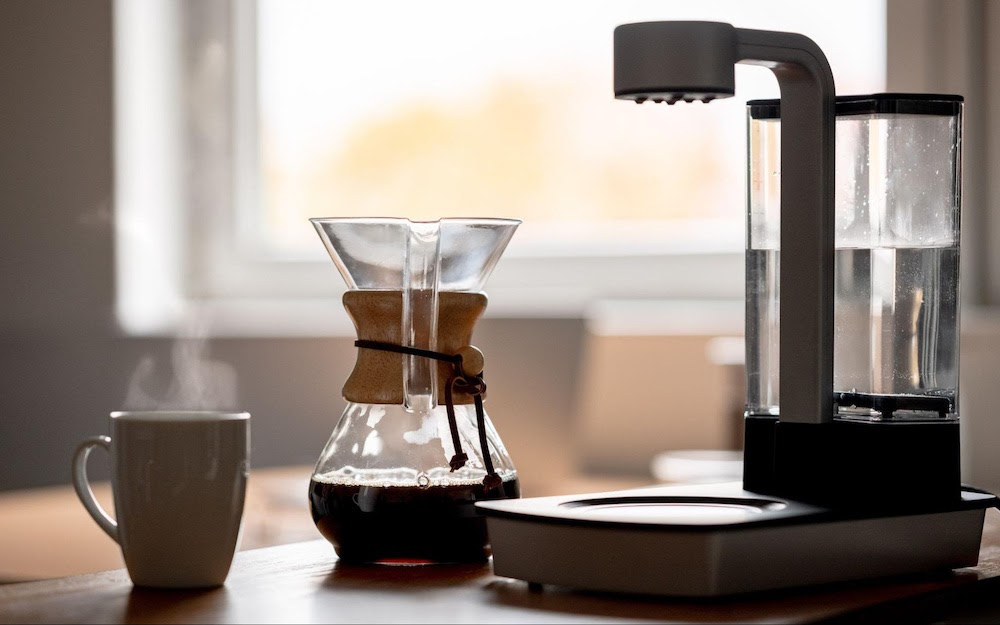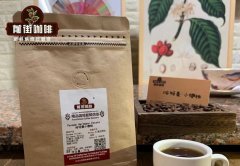Can you find the three signs of coffee from the taste? How does astringency come from? how to solve the problem of over-extraction of coffee?
The first point is that coffee has an overwhelming bitter taste.
Bitterness is a misunderstood realm of flavor.
The best coffee in the world still has a bitter taste, usually in dark chocolate, spices or wood. these lower notes make the taste more rounded, balance more sharp acidity, and are usually pleasant when the cup is full.
This is not the bitterness we are talking about.
We are talking about face-to-face bitterness. It doesn't add depth or complexity to other flavors-it eclipses them.
The bitterness is caused by the extraction of a pile of bitter chemicals from the ground. Except for caffeine, these chemicals are usually extracted after all other substances.
Deep-roasted coffee tends to contain more of these bitter chemicals from the start. So, if you buy coffee beans from a super dark roaster, your coffee will always be overextracted.
The second point is the light and tasteless feeling.
The bitterness of overextraction is not only overwhelming. Sometimes it can completely kill other flavors, making your coffee lifeless, dull and boring.
Have you ever had a sip of coffee that you thought would be good, only to find it particularly dull? As long as your beans are not old and stale, this may be the result of over-extraction.
Underextracted coffee may also have a thin, dull taste, but this is a different story. In this case, a strong sour taste occurs because other flavors that promote balance have not yet been extracted from the ground.

The third point is that it tastes like dry sandpaper.
Have you ever tasted coffee that makes your tongue feel dry and hoarse? Do you think the coffee completely sucks all the moisture out of your mouth?
This is called astringency. This is the same as what happens when drinking black tea or dry wine, but in coffee it is a typical sign of overextraction.
This feeling is usually caused by polyphenols, which are common micronutrients in all types of plants. These chemicals taste bitter and bind to saliva proteins, absorbing the natural lubricant of the tongue and making it feel dry.
Sometimes it can be so strong that your tongue feels like sandpaper. Sometimes, when you swallow, you can almost feel something gently scratching the back of your tongue.
This is not very pleasant, and this is an obvious example of over-extraction.

For coffee over-extraction, Qianjie gives you three suggestions to solve the problem:
Design the extraction time. It is important to know that the length of extraction time is the main reason here. If you invade the coffee fast enough, you will not be able to extract enough sugar from the coffee beans. On the other hand, if the coffee is soaked for too long, it will cause the coffee to become bitter.
The degree of grinding occupies an important position, you need to try a lot of different degrees of grinding on the coffee caused by what kind of impact, repeated deliberation, to find a balance.
Properly change the ratio of powder to water
Important Notice :
前街咖啡 FrontStreet Coffee has moved to new addredd:
FrontStreet Coffee Address: 315,Donghua East Road,GuangZhou
Tel:020 38364473
- Prev

Century-old legendary Hartman Manor Bird friendly Certification Red Wine treatment how do coffee beans taste good?
Hartman Coffee in harmony with the environment Coffee growing Finca Hartmann is a third-generation family business located in Santa Clara in Renasimiento. It consists of two farms, Santa Clara Finca Hartmann and Ojo de Agua, located between 1.300 and 2.000 meters above sea level, with nearly 100 hectares of forest reserves and Parque Nacional de L.
- Next

A variety of iron pickup like bean Patch introduces the flavor of Parkmara coffee beans in Hartman Manor, Panama.
Hartman Manor is located in the Balu volcanic area, the soil is rich in nutrients of volcanic soil, towering original trees become the best shade planting environment, shade planting coffee grows slowly, can brew higher sweetness and brighter acidity. The alpine microclimate of Chiriqui Volcan has also become the perfect base for Hartmann coffee.
Related
- Detailed explanation of Jadeite planting Land in Panamanian Jadeite Manor introduction to the grading system of Jadeite competitive bidding, Red bid, Green bid and Rose Summer
- Story of Coffee planting in Brenka region of Costa Rica Stonehenge Manor anaerobic heavy honey treatment of flavor mouth
- What's on the barrel of Blue Mountain Coffee beans?
- Can American coffee also pull flowers? How to use hot American style to pull out a good-looking pattern?
- Can you make a cold extract with coffee beans? What is the right proportion for cold-extracted coffee formula?
- Indonesian PWN Gold Mandrine Coffee Origin Features Flavor How to Chong? Mandolin coffee is American.
- A brief introduction to the flavor characteristics of Brazilian yellow bourbon coffee beans
- What is the effect of different water quality on the flavor of cold-extracted coffee? What kind of water is best for brewing coffee?
- Why do you think of Rose Summer whenever you mention Panamanian coffee?
- Introduction to the characteristics of authentic blue mountain coffee bean producing areas? What is the CIB Coffee Authority in Jamaica?

